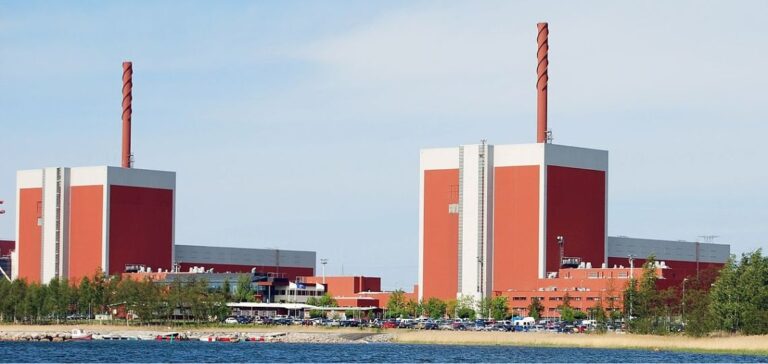GSE Solutions modernizes the training simulators of the Olkiluoto power plant. The announcement was made today after the company was selected to upgrade the OL1 and OL2 training simulators at the Olkiluoto Nuclear Power Plant, located in Eurajoki, Finland. This nuclear power plant is operated by the Finnish company Teollisuuden Voima Oyj (TVO). It is widely recognized for its record of safe operations, high availability and decades of environmentally friendly power generation.
GSE Solutions upgrades more realistic training simulators
GSE built the original OL1 and OL2 simulators in the 1980s. Since then, the company has continued to maintain and upgrade simulators at various delivery points. This contract will be completed in two phases by August 2025 and will include the following: an upgrade of the plant containment building model with a new JTopmeretTM based model for the OL1 and OL2 training simulators; a replacement of the existing theater-based reactor thermal-hydraulic model with GSE’s latest RELAP 5-HD solution.
These upgrades will enhance the operator experience, taking advantage of the latest advances in simulation technology to bring even more realism to training sessions and see phenomena that were not available with legacy systems.
GSE Solutions improves training simulators for safe and optimal operation
GSE’s simulators are used in power plants around the world to create training scenarios around real events and unique operating conditions. “It is a privilege to continue to work with clients year after year to help improve training development,” said Kyle Loudermilk, president and CEO of GSE Solutions. “These latest updates will continue to help TVO achieve its goal of safe, reliable and optimal operations for the future.”





















